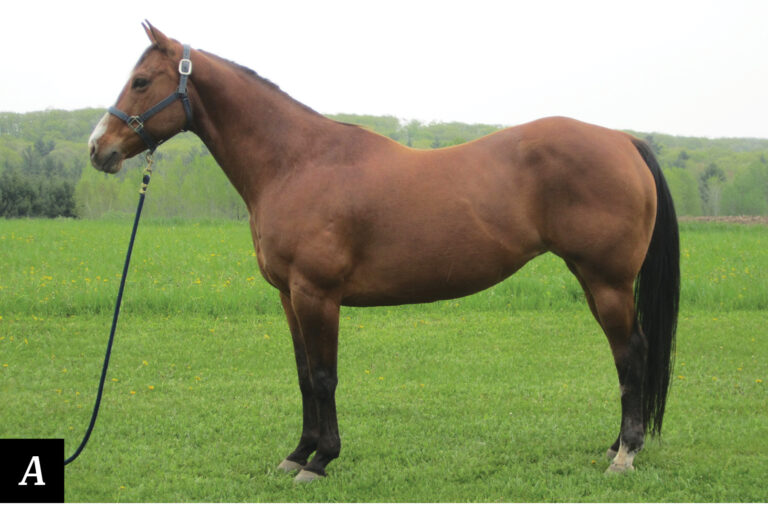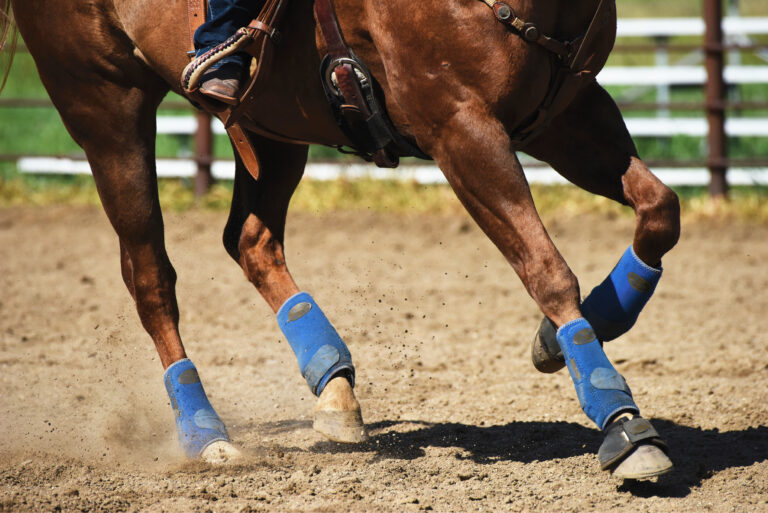1. What is vitamin A crucial for?
a. For proper function of proteins necessary for vision.
b. For a healthy immune system.
c. For producing bacteria that live in your horse’s large intestine.
2. True or False: B vitamins are all involved with the metabolism of carbohydrates, proteins, and fats.
True/ False
3. Why might your horse need more vitamin D?
a. To help recover from colic.
b. To help recover from a muscle injury.
c. To help recover from a hard workout.
4. What is the approximate amount of vitamin E a 1,100-pound horse needs each day?
a. 100 IU
b. 500 IU
c. 900 IU
[Learn More About Vitamins: Vitamins and Minerals 101]
How’d You Do?
1. Answer: a. Vitamin A is crucial for proper function of proteins necessary for vision. It plays a role in differentiation of cells during growth, is important for proper muscle function, and helps keep mucous membranes healthy. It’s also involved with reproductive function.
2. Answer: true. Vitamins in this group are all involved with metabolism of carbohydrates, proteins, and fats. They help your horse produce the energy he needs to live from the food he eats. B vitamins are produced by the bacteria that live in your horse’s large intestine. They’re also found in good-quality pasture and hay.
3. Answer: c. Exercise can increase needs for vitamin D, so if your hard-working athlete is kept inside with no daily turnout in the sun, supplementation might be suggested. Vitamin D also is important for growing youngsters, so make sure they get plenty of time outside in the sun.
4. Answer: b. Approximately 500 IU per day is recommended, although minimum levels aren’t well established. If your horse has no pasture turnout, he’s likely to need vitamin E supplementation. Hard-working athletes, horses fed high-fat diets, or pregnant mares may benefit from additional vitamin E. Up to 6,000 IU per day may be recommended for certain neurological or muscular diseases.
Hey! Not already receiving H&R’s fun and informative newsletter? Sign up right now for The Ride.




